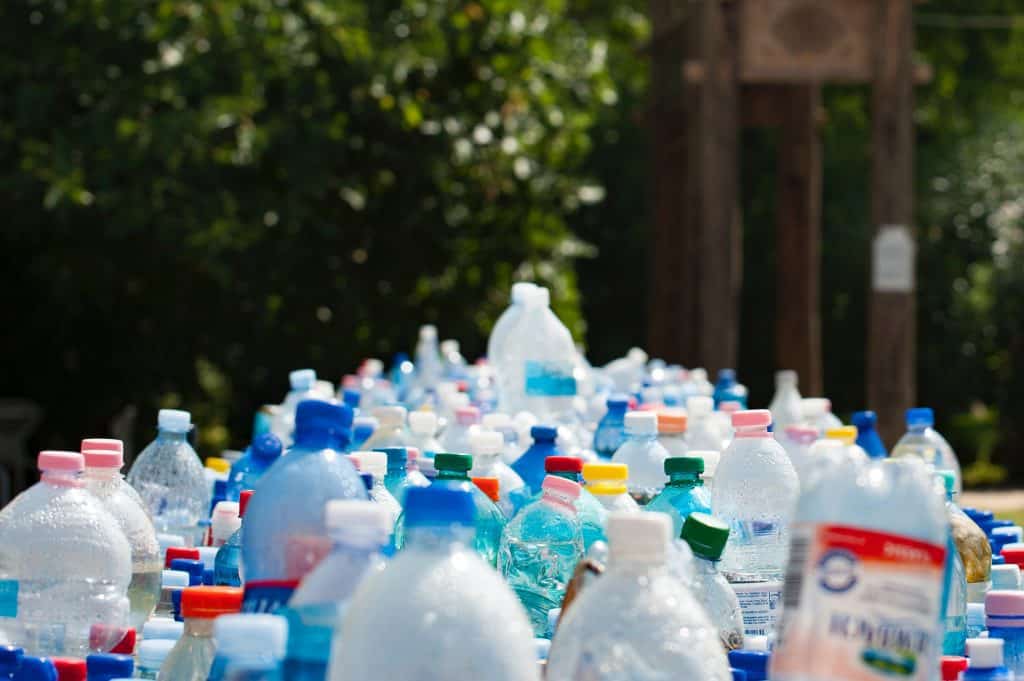Overflowing dustbins, irregular collection of garbage and mounds of unsegregated mixed wastes — these are the stuff that every Chennaiite’s nightmares are made up of. But thanks to the efforts of the Chennai Corporation, civic activists and citizens, the city had made significant positive strides in solid waste management before the onset of the pandemic.
The city corporation decentralised waste collection and segregation. Through the Zero Waste initiative, the civic body set up a system where collection and segregation took place at various points at the zonal level, with subsequent processing at the Material Recovery Facility (MRF) and Micro Composting Centres (MCC). The segregated waste was collected door-to-door before being sent to the facilities at the ward level for secondary segregation.
At the community level, citizens spearheaded campaigns to ensure 100 percent segregation of waste, complained to the GCC helplines whenever they noticed lapses and recycled dry waste.
And then came the pandemic, which has undone much of the progress made. The Corporation had to pause all other projects to prioritise COVID control. As a result, micro composting centres had to be shut down. Just as the civic body was about to resume and expedite the bioremediation of dump yards and scale up segregation measures, the second wave hit us hard. Secondary segregation has gone for a toss and several incidents of unsafe disposal of medical/COVID waste have been reported across the city.

Read More: Where does the waste generated in your home go?
Key questions in the wake of COVID
How has lockdown affected source segregation and overall management of the city’s solid waste?
What are the processes to be followed, especially when it comes to waste generated at medical facilities and COVID homes or care centres?
What are the key challenges today that citizens and civic authorities face?
What can be done to resolve the problem and put the city back on track in terms of effective disposal, collection and processing of solid waste generated?
Citizen Matters brings together an informed and involved panel to discuss these questions and explore strategies and solutions to the growing problems surrounding solid waste management in Chennai. The panelists are:
- Medical waste activist, Pugalaventhan V
- Chief Engineer of Solid Waste Management (SWM) department, GCC N Mahesan
- Senior Researcher of Citizen consumer and civic Action Group, Sumana Narayanan
- SWM enthusiast, Jayanthi Premchandar
- Founder and CEO of Paperman, Mathew Jose
Do join us to know more about the issues and solutions from these experts and ask any question that you may have on issues of waste management in the city and your neighbourhood.
- Date: June 18, 2021
- Time: 4pm
- Register here: https://bit.ly/chennaiSWM